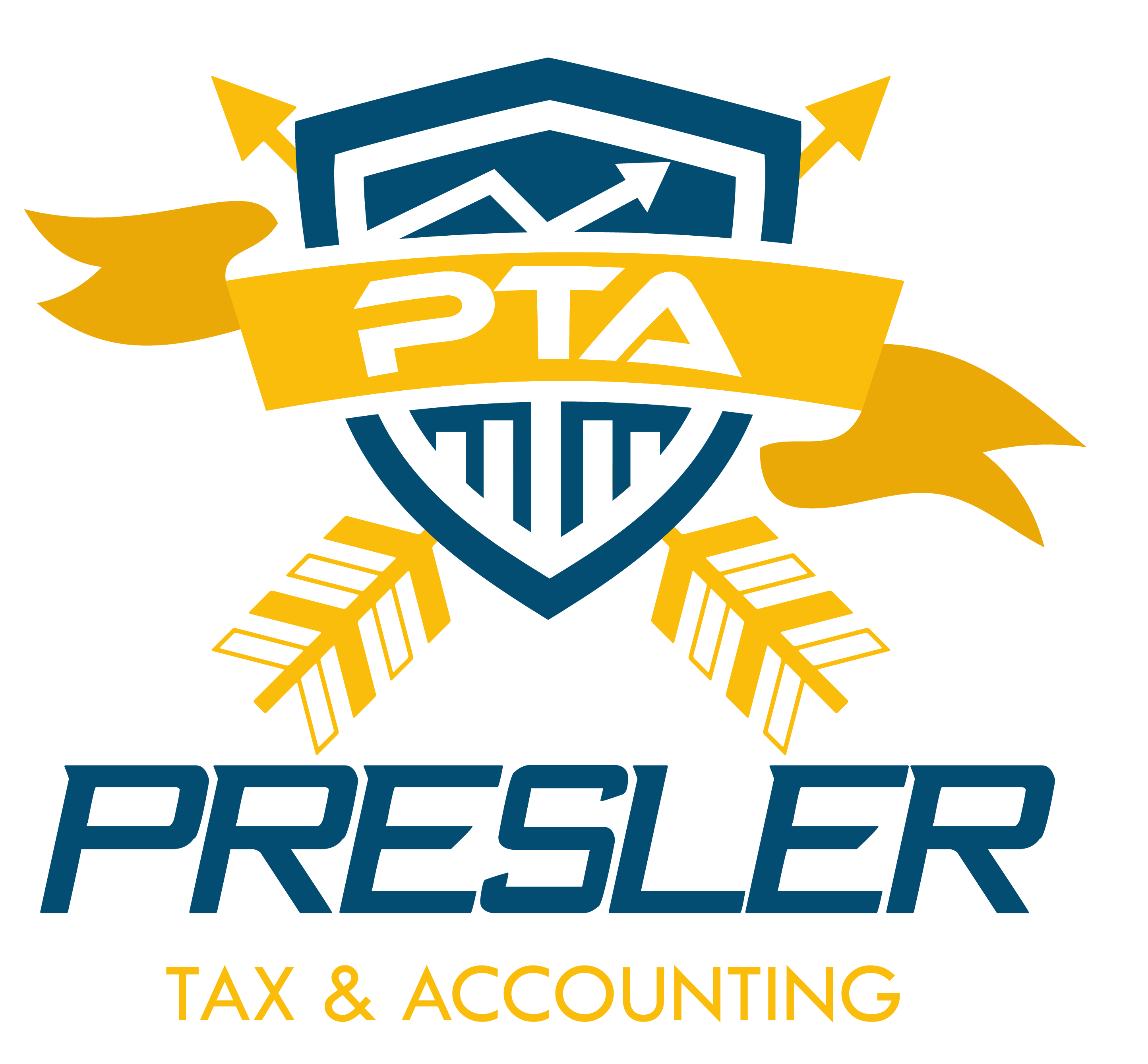Tax Information
We are experts in many areas of tax & accountancy
Important Dates to Remember for Taxes
Important Dates For Your Taxes And Your Business
Most business owners do not look forward to bookkeeping. However, it is a vital and necessary evil. Although it can be a pain, it is the essential element in maximizing your tax deductions. As bookkeeping is new to a lot of business owners, we wanted to outline some ways to simplify and streamline your bookkeeping.
February 1 – Deadline to send out W-2 and 1099 Forms
This is the deadline for employers to send out W-2 Forms to employees and 1099 Forms to non-employees who provide services for the 2020 tax year. January 31 is the date when W-2 and 1099 forms are due. However, this upcoming tax season, January 31 falls on a Sunday, which pushes the due dates to the next business day, Monday, February 1.
February 16 – W-4 Form Exemption Deadline
If you claimed an exemption from income tax withholding on the W-4 Form you gave your employer last year, you must file a new W-4 Form by this date to maintain your exemption for an additional year. February 15 is the date the W-4 Form Exemption is ordinarily due. However, this upcoming tax season, Monday, February 15, is President’s Day, which pushes the due date to the next business day, February 16.
April 15 - Individual Tax Return Due
This is the deadline for all individuals to either file their completed tax return or file for an extension.
March 15 – Business Tax Returns Due (C Corp / S Corp)
Corporate tax returns or requests for extension are due, along with any taxes owed.
April 15 – Individual Tax Returns Due
Individual income tax returns or requests for extension are due, along with any taxes owed.
September 15 – Business Tax Return Extension Due (C Corp / S Corp)
If you filed an extension for your business return, this is your new due date.
October 15 – Individual Tax Return Extension Due
If you filed an extension for your individual return, this is your new due date.
FAQ
The IRS has a vague but simple phrase “Ordinary and Necessary”. This means that if an expense is both ordinary and necessary it is a deduction. We have provided a list of categories that are simplified in our tax organizers. This list is used to help new business owners know what to track and when to track it. If the IRS ever audits someone, they treat the taxpayer as guilty until you can prove your innocence. The opening question is always “How was the expense ordinary and necessary?” We are here to make sure we can always prove expenses’ legitimacy. Your goal is to track and report. Our goal is to report, maximize, and defend.
Unfortunately, there is not a one size fits all approach when it comes to tracking expenses. We suggest clients do what they are comfortable with, as the end goal is to have the totals in the organizer. We’ve seen some clients use a notebook and others use apps. At the end of the day, providing accurate totals is all that matters. Located below this article is a simplistic, easy tax tracker. We do not require you to use it, but it is a bare minimum suggestion if you are starting out and have no idea where to start. Oftentimes clients get overwhelmed when tracking expenses. An ounce of prevention is worth a pound of cure. If you set aside some time every month to do expense tracking, it will simplify it for you. One-time expenses such as a laptop, can be placed in the tax organizer as it will not be a recurring expense. If you have any questions on different programs to use for bookkeeping, feel free to reach out to us.
Tracking expenses offers numerous vital benefits. Examples include financial progress of your business, tax planning, preparation of tax returns, and audits. As tracking your expenses becomes a habit, it will lead to having an more effective business. We are here to consult and offer advice to make sure that you are properly tracking expenses. Please feel free to reach out to us with any questions.
